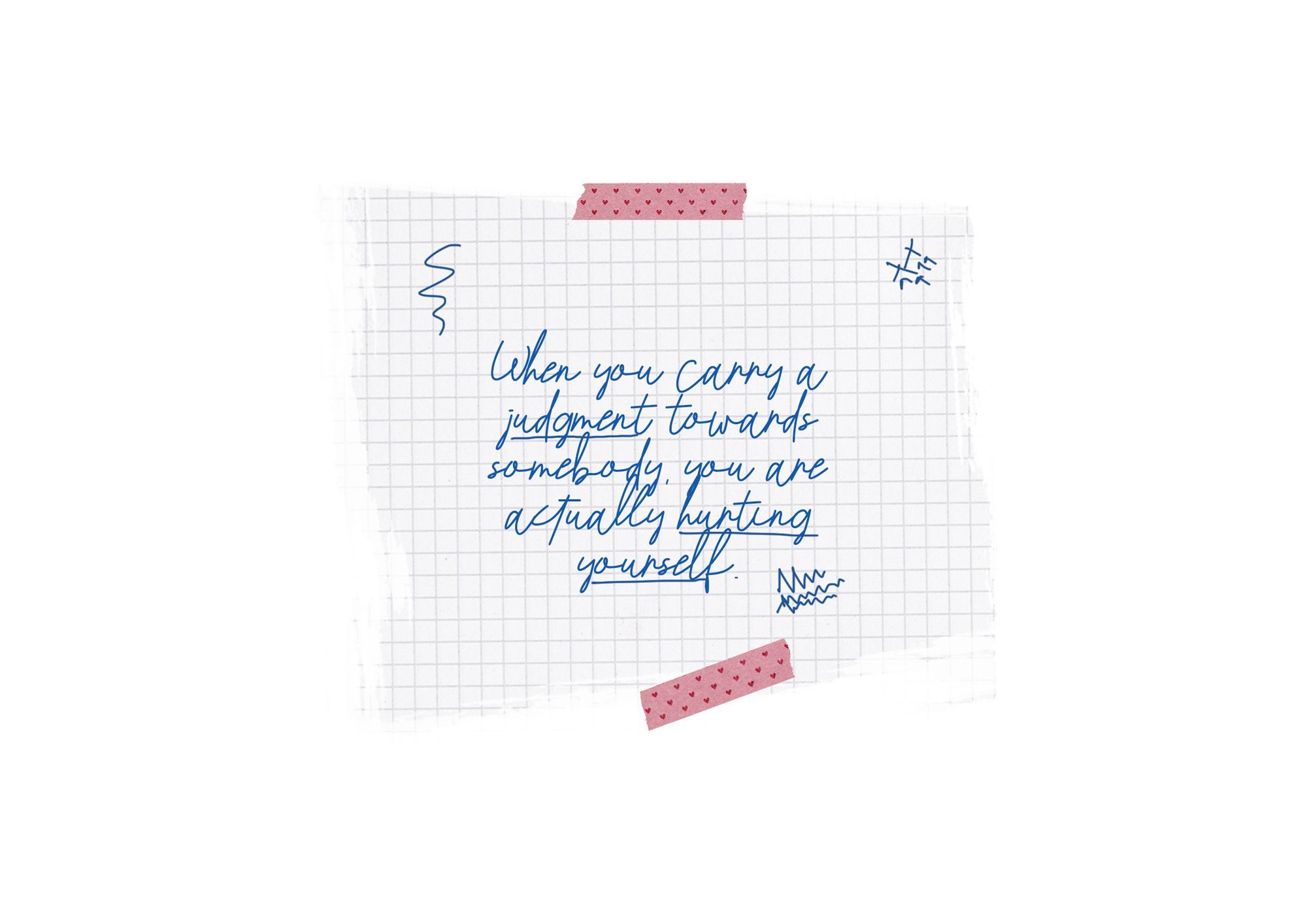On the Bias of Judgment
It is better to ask than to judge.

Judgment. Isn't it an inherent aspect of our nature? Hasn't it helped us, served us in years of evolution? We look at a situation and then form an assumption that lays the basis of a judgment.
"Don't judge a book by it's cover."
And yet we are somehow attracted to the shiny, to the glorious looking, to the surficial aspects and that is what forms the basis of our decisions. We act on what we see and what prior knowledge we have rather than on the moment itself.
In machine learning, there is this concept of "prior". Prior is nothing but prior knowledge and data that is fed to the machine for training. It helps guide the learning process and can help improve the performance and efficiency of the algorithms. Priors play a crucial role in shaping the behavior of a model.
But the greatest downside of priors is that they tend to bias a model. You would find this in ChatGPT when it provides you with biased answers that lean towards the mass of its data, the popular opinion so to speak and less on the niche. This also feeds into its capability to hallucinate answers and events.
This form of training algorithms has been derived from how humans learn. Priors form a big part of our lives as well. With the widespread accessibility of the internet and streaming becoming a big part of our lives, the database of our prior knowledge has increased drastically. With this increase, so has increased our ability to form judgments. These judgments, quick and rash as they are, form a mental picture in our mind, and the basis upon which we act.
A lot of the time we hold onto these judgments at the cost of causing ourselves harm. Our minds and thoughts go to places where it need not go just because of the picture formed and what has been fed to us rather than actual data.
"When you carry a judgment towards somebody, you are only hurting yourself."
It's like acid in a container. Over time, the acid eats the container itself, just as our judgmental thoughts consume our mind and eat us from within. I am not talking about the judgments made for our survival, for our protection, with proper data and mindfulness. I am talking about the ones that are made purely on assumptions, the ones that fuel negativity and cause turmoil within us. This gets reflected in the way we act and the biases we have without questioning the truth.
Ted Lasso had quite an interesting perspective on this when he talks about how much he was underestimated by everyone. He refers to the quote by Walt Whitman, which goes beyond the rhetoric of stop being judgmental and states that it is better to go further and ask questions, to be curious so you can learn.
So I leave you with this thought so that you find yourself in a state of discovery rather than bias:
Be curious, not judgmental.
The cover illustration is from the book, Nuggets of Wisdom, an illustrated collection of nuggets of knowledge that I picked up during my journey by the banks of the river Narmada. You can learn more about it at tadaabee.com.